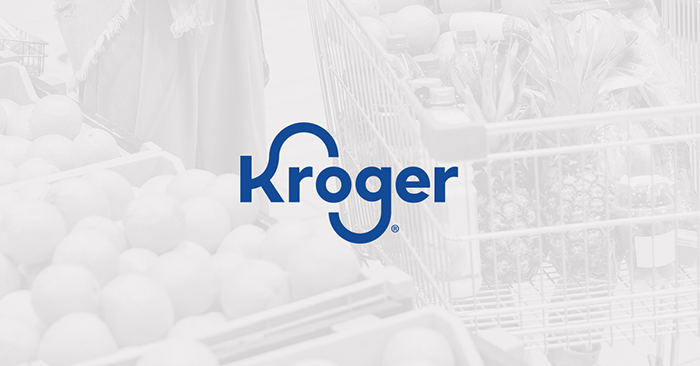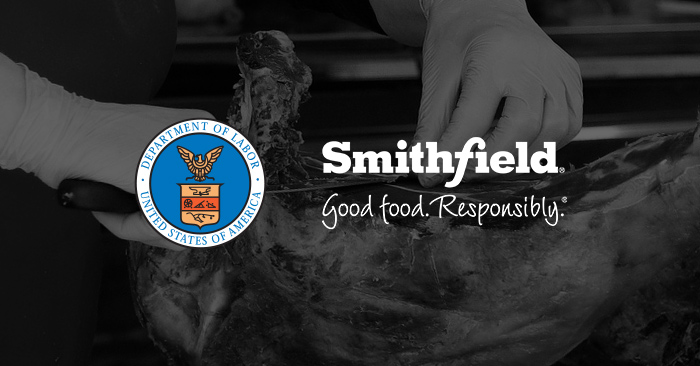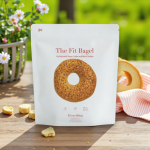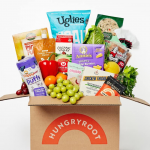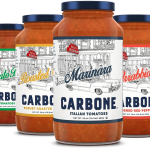The Checkout: Kroger Reports Q2 Results, OSHA Fines Smithfield
Welcome to The Checkout: an express lane for the weekly news you need to know, always 10 items or less.
Kroger Reports Q2 results
Kroger reported 13.9% sales growth in Q2 to $30.5 billion — doubling the previous quarter’s sales. Additionally, the retailer’s digital sales grew 127% as many of its shoppers utilized its free click-and-collect service during the quarter.
During a call with analysts, CEO Rodney McMullen explained that click-and-collect grew faster than grocery delivery via Kroger Ship, which sells packaged goods, and Kroger Delivery, which sells produce and fresh items, during the quarter. The company plans to continue adding more pickup slots, he said, noting that Kroger’s consumers steer toward the service because they view items as fresher than when they are delivered. Hoping to see more uptick in deliveries, Kroger also recently shared plans to expand Kroger Ship by adding a third-party marketplace this fall.
As consumers cook more, McMullen said, the company’s private-label brands, including natural and organic brand Simple Truth, excelled during the quarter. Additionally, meal kit brand Home Chef, which Kroger acquired in 2018, saw “incredible sales growth and profitability.” He also noted that premium products and alcohol sales are up.
Looking ahead, CFO Gary Millerchip expects the company to reach $100 million in sales this year as it plans for habits around cooking at home to stick.
OSHA: Smithfield ‘Failed to Protect’ Employees from COVID-19
After over a thousand of its employees contracted COVID-19, meat producer Smithfield was fined $13,494 by the U.S. Department of Labor’s Occupational Safety and Health Administration (OSHA) for creating unsafe work conditions. Smithfield has 15 business days, from yesterday, to respond. This marks the first penalty issued to a food company by OSHA for COVID-19-related safety issues.
According to a statement from OSHA, at least 1,294 of Smithfield’s more than 40,000 workers contracted coronavirus, and four died as a result of the virus. The company shuttered multiple plants during the pandemic; at its Sioux Falls facility alone, over 800 employees tested positive for the virus.
“Employers must quickly implement appropriate measures to protect their workers’ safety and health,” said OSHA Sioux Falls area director Sheila Stanley. “Employers must meet their obligations and take the necessary actions to prevent the spread of coronavirus at their worksite.”
In June, Smithfield, along with fellow meat producers Tyson, JBS and Cargill, received a letter from Sens. Elizabeth Warren (D-MA) and Cory Booker (D-NJ) announcing an investigation into the companies. The senators alleged that these producers, which represent a significant majority of the meat industry, “manipulated this crisis,” threatening consumers with higher prices and endangering their workers. In a response, Smithfield defended its production practices, noting the senators used an “aggressive and accusatory tone” before obtaining facts. In response to concerns that COVID-19 cases could threaten the meat supply chain, President Trump in April issued an executive order to ensure production would continue.
Hemp, Supplement Associations Support CBD Bill
Hemp advocacy and natural products associations this week voiced support for a bill sent to Congress that would legalize the sale of hemp-derived CBD in dietary supplements.
The Hemp and Hemp-Derived CBD Consumer Protection and Market Stabilization Act of 2020, introduced last week by Reps. Kurt Schrader (D-OR) and Morgan Griffith (R-VA), directs the Food and Drug Administration (FDA) to create regulatory guidance for hemp-derived CBD “as a dietary ingredient in a dietary supplement.” In a letter to the senators, 16 trade organizations, including the American Herbal Products Association (AHPA), National Grocers Association (NGA), Council for Responsible Nutrition (CRN), United Natural Products Alliance (UNPA) and the U.S. Hemp Roundtable, noted the need for product safety and consistency.
“CBD commerce and investment have been chilled due to the absence of federal regulation, impairing job creation and economic opportunity for farmers and small businesses,” the letter reads.
While a CBD gummy would be covered under this bill, the legislation would not cover food and drink products, according to Jonathan Miller, general counsel of the U.S. Hemp Roundtable. However, a draft of the FDA’s CBD guidance — which may cover food and drink products — was submitted to the White House Office of Management and Budget (OMB) in July. An FDA spokesperson said the move is part of the OMB’s standard review and that the draft may or may not be published.
